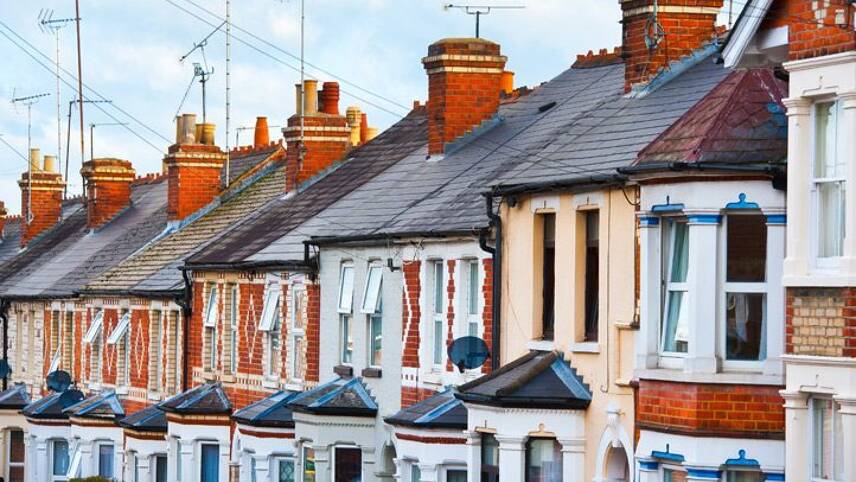Register for free and continue reading
Join our growing army of changemakers and get unlimited access to our premium content

The built environment sector is regarded as one of the UK’s hardest-to-abate sectors
In an open letter, coordinated by the UK Green Building Council (UKGBC) and sent to the Secretary of State at the Ministry of Housing, Communities and Local Government (MHCLG), local authority leaders are calling for freedom to set energy efficiency standards that are above national proposals.
Singed by the UK100 and Mayors from London, the West Midlands and Greater Manchester and seven other councils, the letter urges the Government to reverse proposals in Part L of Building Regulations and the Future Homes Standard that would restrict energy efficiency standards in buildings.
“One of our most important levers of change is the ability to ensure that all new housing, which is much needed to address the housing crisis, does not add to the carbon problem. Indeed, there are many benefits of reducing carbon emissions from new homes, such as improved health and wellbeing, better design quality and support for advanced methods of construction,” the letter states.
“Yet the MHCLG consultation on Part L of the Building Regulations proposes to ‘restrict local planning authorities from setting higher energy efficiency standards for dwellings’. Not only would this hold back those areas which want to be more ambitious than the national minimum, but it would also level down areas like London, where developers have successfully been building to a higher standard for several years. New building standards are undoubtedly needed – but they must level us up collectively, rather than levelling down. We urge you to allow local authorities to retain the power to set higher requirements than national standards where this is demonstrably viable.”
The built environment sector is regarded as one of the UK’s hardest-to-abate sectors, accounting for around 40% of national annual energy consumption and 33% of national annual emissions.
The Future Homes Standard is currently under consultation and is due to come into effect in the latter half of 2020, covering England only. In its current form, it includes a headline goal to reduce the carbon intensity of new builds by 75% by 2025, which ministers plan to deliver through fresh mandates for housebuilders on triple glazing, low-carbon heating systems, onsite renewable generation and energy-efficient building fabrics. The 75% target is down from an initial proposal of 80%.
Last month, London Mayor Sadiq Khan urged Ministers to improve plans for decarbonising the UK’s built environment sector. Khan points out that the proposed Future Homes Standard sets carbon reduction targets 25% lower than those detailed in the 2016 London plan.
A group of leading architects and engineers said proposed policy changes would collectively result in a “step backwards, in a climate where we need a huge leap forward”. Environmental campaigners including Greenpeace and Friends of the Earth have also urged for broader and more rapid policy action that gives local authorities greater power.
Matt Mace


Please login or Register to leave a comment.